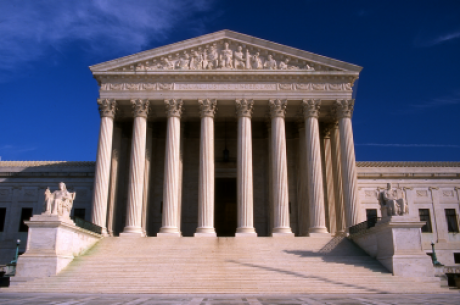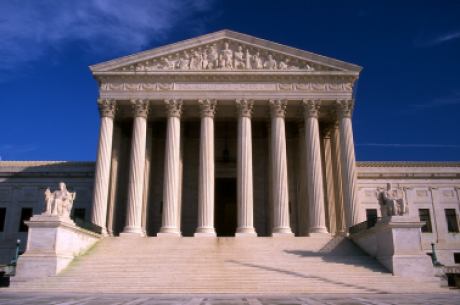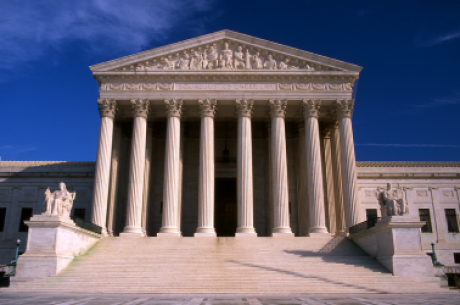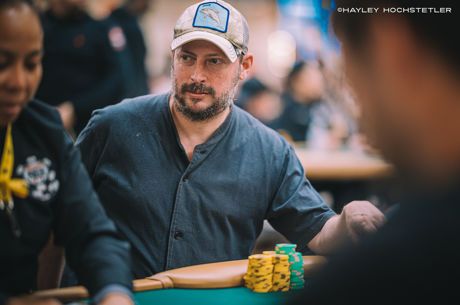Poker Players Alliance Responds to Commerce Casino's Opposition on Online Gambling Legislation
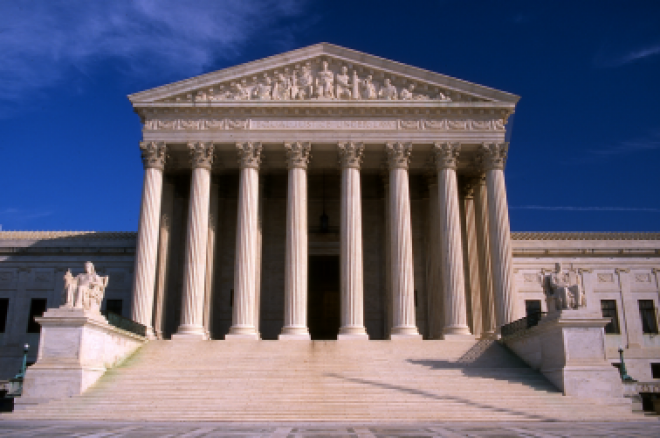
The Poker Players Alliance called for action last week for its members to sign a letter urging Commerce Casino to change its position on Barney Frank's bill to federally license and regulate online poker.
More than 7,000 people had signed the letter (see www.playersbeforeprofits.com) as of Tuesday morning. Those who signed the letter included prominent poker players such as Annie Duke, Tom Dwan, Barry Greenstein, Greg Raymer, Huck Seed, Patrik Antonius, Ted Forrest, Phil Hellmuth, Phil Ivey, Vanessa Rousso, Doyle Brunson, Gus Hansen, Jennifer Harman, Howard Lederer, John Juanda, Mike Matusow, Chris Moneymaker, Phil Laak, Erick Lindgren, Chris Ferguson, Daniel Negreanu, Eli Elezra and Allen Cunningham.
Commerce, which is located near Los Angeles and calls itself the "world's largest poker room," with more than 200 tables, had representative Tom Malkasian testify in opposition of the bill during a hearing in front of the House Financial Services Committee in July. Although the bill still passed through the committee, Commerce allied itself on the side of poker enemies such as Rep. Spencer Bachus (D-Ala.) and Focus on the Family.
Many of the issues Malkasian mentioned in his testimony were addressed by amendments during the committee markup, but Commerce continues to oppose the bill. Malkasian said in his testimony that licensed sites should be required to have all their facilities located in the U.S. The wording was added during the markup. He complained that 90 days wasn't enough time for a state or tribe to opt out of the legislation. An amendment replaced 90 days with "one full legislative session." Malkasian said the bill allowed "illegal" foreign sites to be licensed despite their past actions. Two amendments were added addressing this issue, requiring that an applicant for a gaming license not have committed an intentional felony violation of federal or state gambling laws.
"The concerns they raised seem to have been addressed, and I would assume they should now support the bill," said John Pappas, executive director of the Poker Players Alliance. "I think the only logical conclusion is they are scared to compete, not only with offshore sites but with Harrah's, Google, and anyone else who would want to get involved. They would prefer an intrastate monopoly in California rather than be subject to a global competition marketplace."
The Commerce response to the PPA letter makes one wonder if Malkasian even paid attention to anything that happened on Capitol Hill after his testimony.
"Poker players deserve to know the real facts so let us be clear: We support online poker and we are working hard to make sure it will benefit all Americans," Commerce board members Malkasian and Haig Papaian wrote in a statement. "America's poker community should be united in opposing the Frank legislation that would ship jobs, revenue and taxes beyond our communities. We need to work together to keep American dollars at home."
It's as if they didn't notice the amendments added at their request.
It's unclear how Commerce supports online poker. There is no Internet poker-related legislation that Commerce currently supports. It has pushed for poker within California, but withdrew its support for Rod Wright's bill in the California State Senate because it didn't like that the legislation allowed for competition within the state with multiple sites licensed.
It certainly doesn't support current online operators that have offered Americans reliable service and customer support, like PokerStars and Full Tilt Poker. Malkasian and Papaian wrote: "We can either fight to ensure that poker players' interests are legitimately protected or allow illegal foreign operators to dominate the U.S. market."
Most poker players would probably say PokerStars and Full Tilt are the best things to happen to online poker to date, but Commerce says it is protecting poker players' interests against them. Although huge, American-based companies like Harrah's and Google will be fierce competition once Internet poker is officially legalized, PokerStars and Full Tilt support the legislation. They are willing to go against the big boys based on the reputation they've established with poker players.
Commerce has earned this reputation, as well. Commerce is known as the place to go when you want to find plenty of players at all hours and play at a card room with good customer service and perks. One could say Commerce is the brick and mortar version of PokerStars or Full Tilt. Poker players would remember this reputation if Commerce entered into a fair competition for American dollars under federal regulation. But Commerce's stance against Frank's bill may tarnish the goodwill it built up with poker players over the years.
"I've been a customer of Commerce but can't, in good conscience, continue to give them my money," said Steve Miller, a Los Angeles resident who serves as the California state director for the PPA. "You're thumbing your nose at a substantial part of your customer base. Why would you do that?"
The PPA no longer will support events at Commerce but stopped short of calling for an outright boycott of the casino.
"We didn't think that was appropriate," Pappas said. "Players will make that decision on their own. But you see the number of professional players who signed the letter. I know Commerce will be holding a lot of high-profile events in the future. Some pros might question whether to attend."
A lot of poker players are torn because Commerce has been a great place for them to play. Greenstein, who signed the PPA letter, gave both sides on his Twitter, noting that Commerce management feels it is being unfairly singled out as the bad guys when many California casinos are against Frank's legislation. In its response, Commerce made sure to note that The Bicycle, Hollywood Park and Hawaiian Gardens casinos in the Los Angeles area also opposed Frank's bill. That may be so, but Commerce singled itself out when its leaders chose to testify in front of Congress. None of the others testified.
In that testimony, Malkasian compared operators like PokerStars and Full Tilt to a drug cartel, stating that if Congress were ever to decide to legalize marijuana, "certainly no one would suggest that the first federal permits to sell it should go to the Tijuana drug cartel since they have the most money and experience in marketing and distributing the product."
"If I was a professional player endorsed by a site, I'd be very concerned by their comments comparing existing operators to a drug cartel," Pappas said. "So what are the players who are sponsored by those sites? Are they drug mules? Hopefully from the response to this letter they will understand that their position is not a popular one among the poker community."
Follow us on Twitter for up-to-the-minute news.

